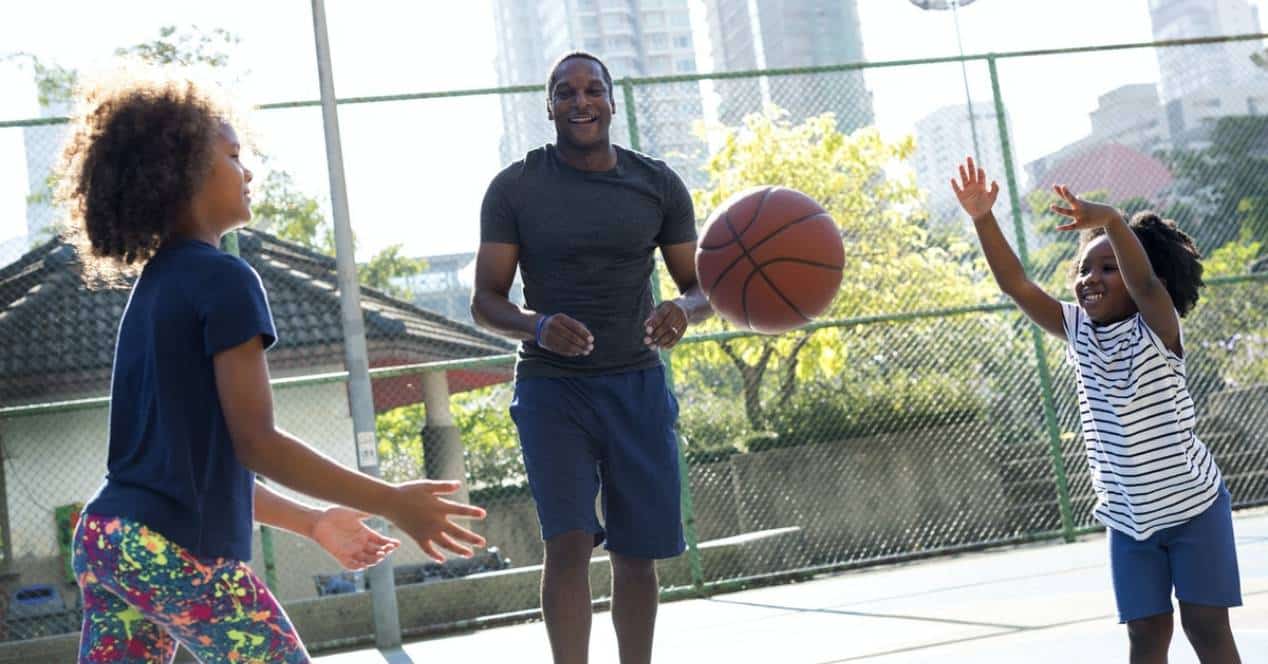
You know that exercise is good for your health, but you might wonder: can exercise help prevent respiratory diseases? Should I continue to exercise during a global pandemic, or should I give my immune system a break? As a result, continued physical activity can help strengthen your immune system, but don't overdo it.
A recent review, published in the Journal of Sport and Health Science, found that obesity and inactivity can reduce the function of the immune system, but participating in a healthy lifestyle can help improve immune system surveillance activity (when immune cells are in the bloodstream for infection) and can even reduce death rates from respiratory diseases.
So how can you make exercise work for you, and how much do you need? The review found that 30 to 60 minutes of brisk walking almost daily (at least 5km per hour) can improve your body's defense against germs.
Exercise improves the surveillance activity of the immune system. This is because every time we exercise, the activity increases the white blood cell exchange important between peripheral tissues, which help with the body's immune response, and circulation (blood and lymphatic vessels). This increases the activity of immune cells in the bloodstream looking for viruses.
Although it's hard to say without a lot of current data specific to COVID-19, when people adopt a healthier lifestyle, especially those who were previously sedentary, it can help improve their chances of recovery from upper respiratory tract infections.
How much physical exercise should you do?
On the other hand, overtraining can decrease the function of your immune system. Training too much, without adequate rest, leads to chronic fatigue, decreased performance, and mood swings can lower immune function, increasing the chances of respiratory infections.
And while overtraining looks different for everyone, you shouldn't push yourself too hard during training without adequate rest and recovery, as this can lead to chronic fatigue, decreased performance, and mood disorders, which lower immune function.
As for increasing the incorporation of more difficult workouts? You have to be careful not to push too hard. The authors recommend maintain physical training at normal levels until this pandemic is under control.
Bottom line: if you're already an avid athlete, keep it up, but remember that everything is multifactorial. Physical activity is just one important factor that helps the immune system do its job better. Other factors include a high intake of flavonoids from berries and other fruits, low mental stress, regular sleep, and a nutrient-dense diet. And if you haven't been active before, making healthy changes to your diet and exercise routines will be beneficial to your health, just be sure to consult with a doctor.